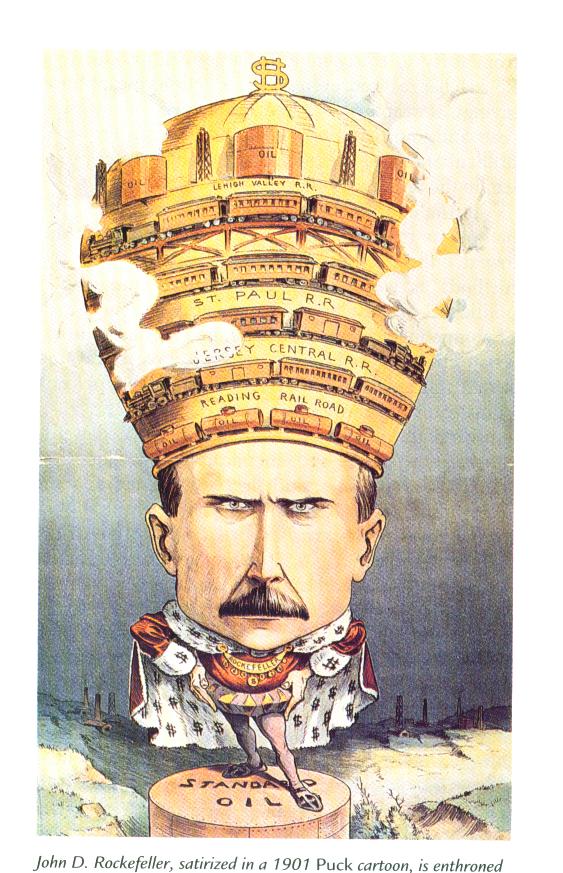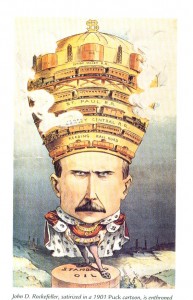Anti-communist propaganda alive and well
For some reason, our government and its propaganda arm, the mainstream media, refuses to give up beating the dead horse that is Cuba. We've had it in for them ever since they went Commie, and we're not about to quit now! I just noticed this article from Newsweek entitled "Castro tells the truth about Cuba" which gives us the current bad news:
He has outlasted eight U.S. presidents, survived countless CIA efforts to do him in, and his communist regime has remained in power for a generation after the collapse of his Soviet sponsors. So what does the leader of the 1959 Cuban revolution think now of the system he created? Last week The Atlantic’s Jeffrey Goldberg reported Fidel Castro’s startlingly honest assessment: “The Cuban model doesn’t even work for us anymore.” Some observers suggest that the 84-year-old Castro’s unexpected honesty may be a belated attempt to throw himself on history’s mercy. After all, they say, Cuba is in tatters. According to Andy Gomez, assistant provost at the University of Miami, tourism on the island has declined 35 percent this year, and remittances are expected to drop to $250 million—far below the peak of $800 million earlier this decade. Cuba’s own National Statistics Office has reported that economic indicators, such as construction and agriculture, were down significantly in the first half of the year. And last month, President Raúl Castro began a process of dismissing or transferring some 20 percent of state employees—a major move, given that the government employs more than 90 percent of the country’s labor force. Says Gomez, “The Cuban economy is the worst it’s ever been.”How dare Castro "survive countless CIA efforts to do him in", who does he think he is?? Anyway, some of these numbers are meaningless without comparison, so let's look at the good-old U.S. of A. [More . . .]


